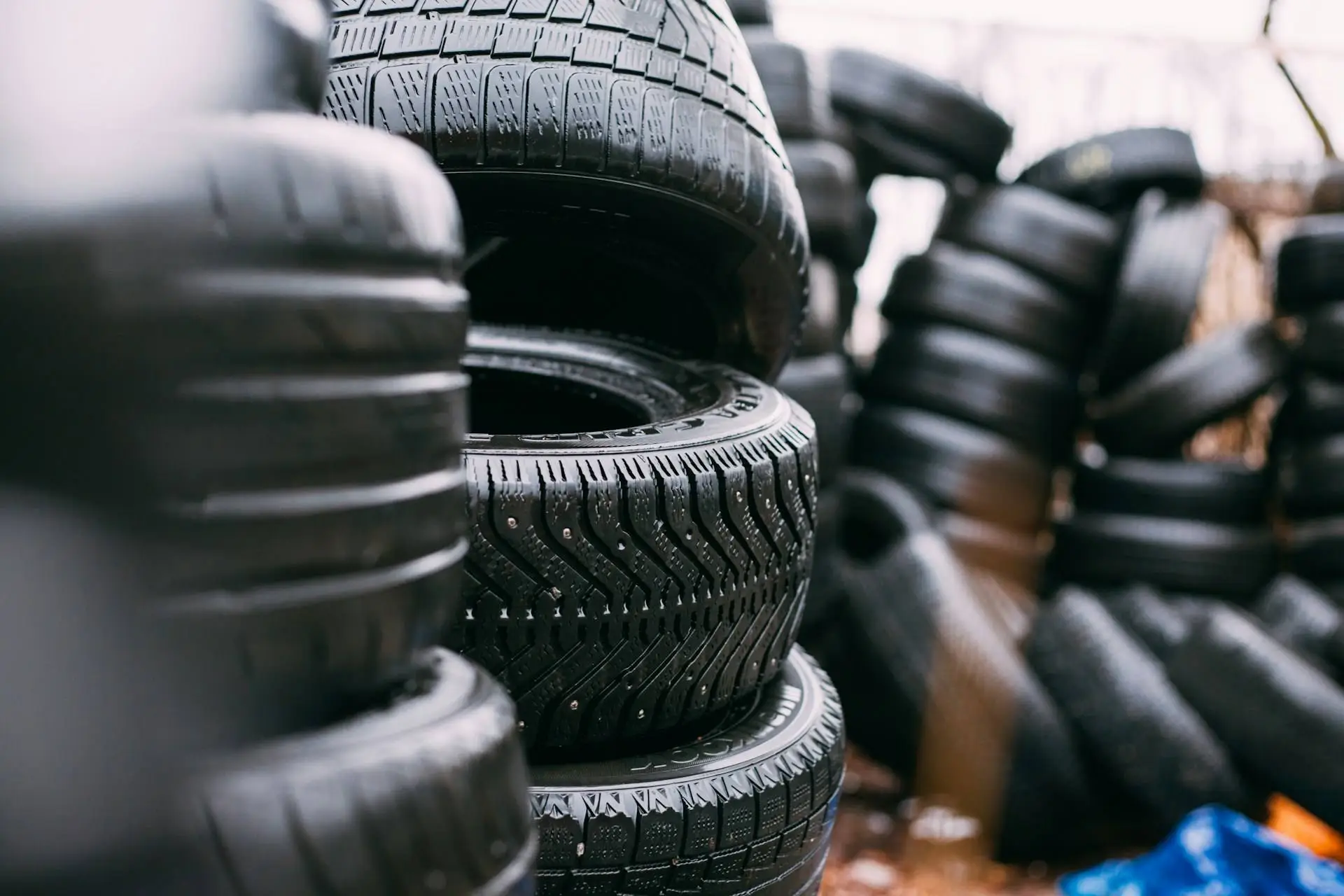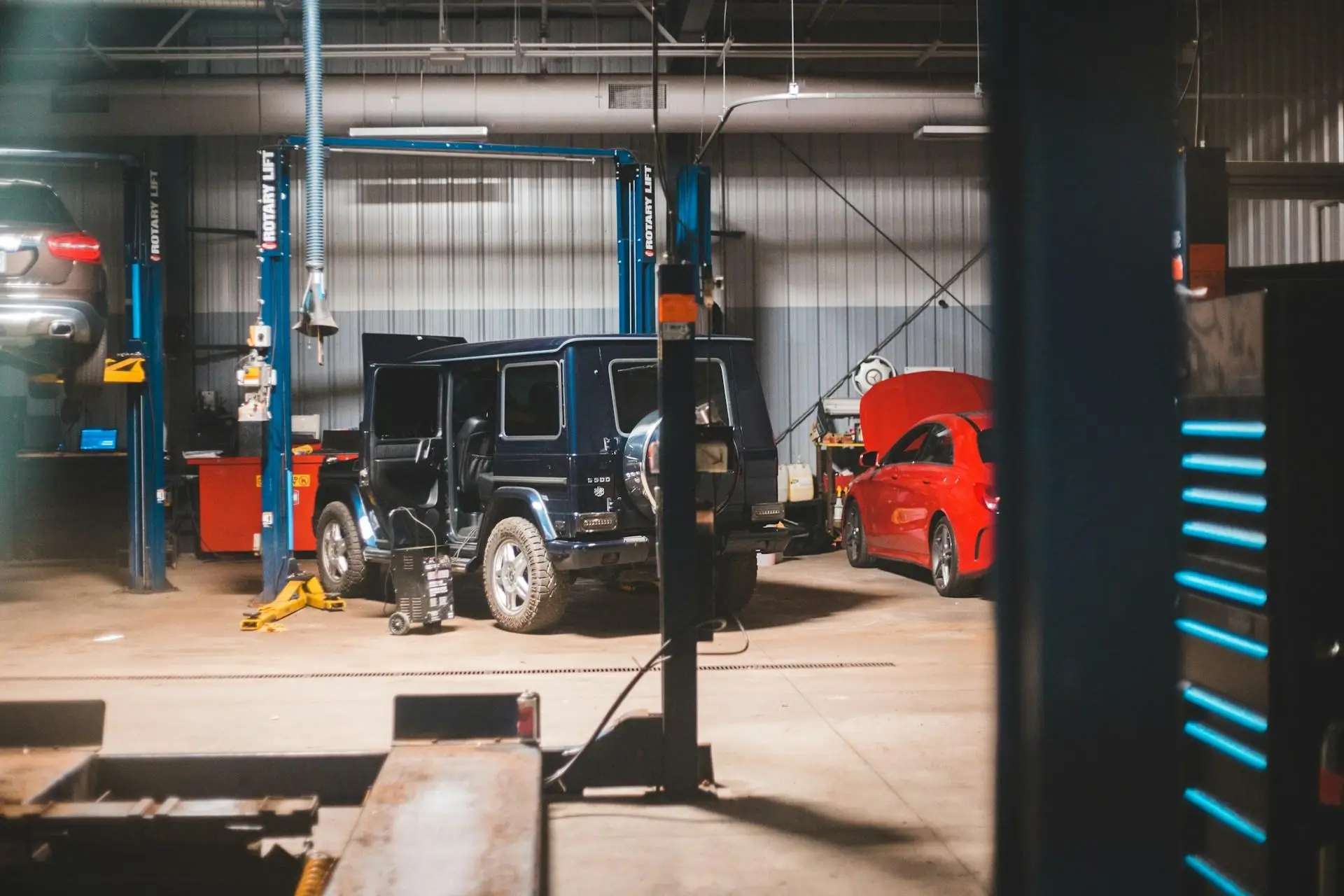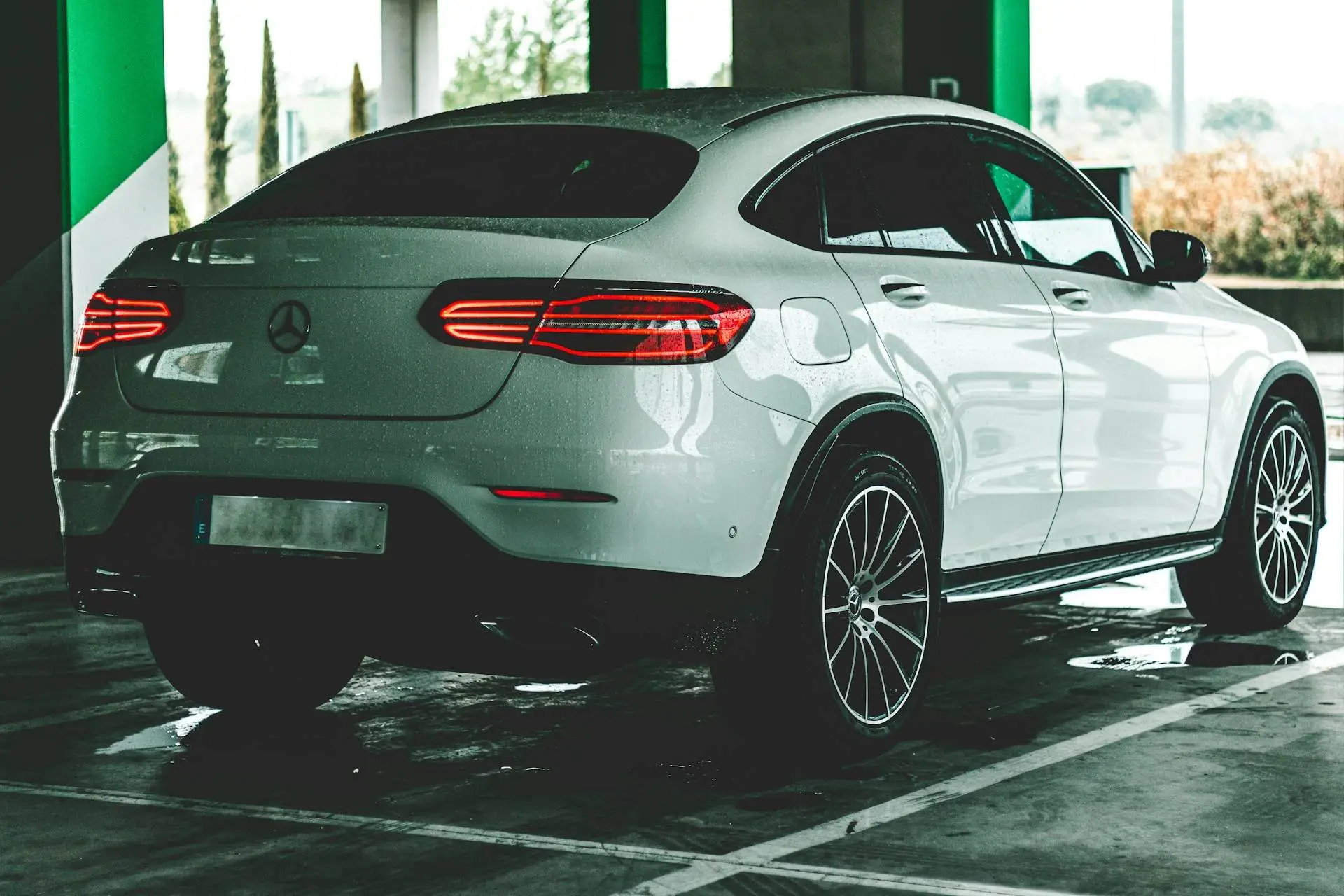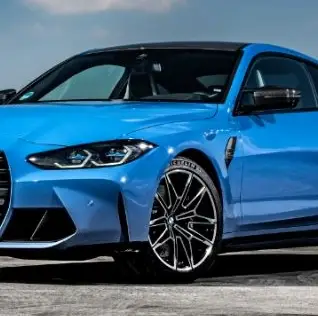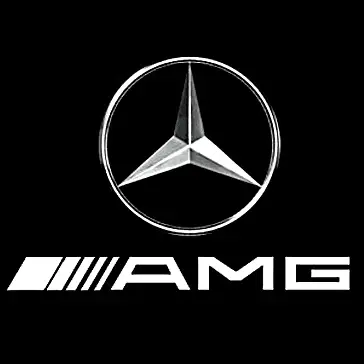Buying a used sports car can be an exciting and tempting adventure for any car enthusiast.
With prices often more affordable than new models, these vehicles offer the promise of thrills without necessarily emptying your wallet.
But before embarking on this purchase, it's important to take into account certain factors specific to sports cars to avoid unpleasant surprises. So, is this kind of car purchase really a good idea?
A cost to be assessed with care
One of the main attractions of a used sports car is its much more affordable price compared to a new version. Many sports car models, which cost a small fortune when they leave the factory, undergo significant depreciation over time. For the discerning buyer, this represents a golden opportunity to acquire a high-performance vehicle at a reasonable price.
Remember not to be blinded by the purchase price alone. A used sports car may have undergone intensive use that is not always immediately apparent. That's why it's vital to find out about the vehicle's history, any accidents it may have had, and the maintenance it has undergone, to ensure that the model is in good condition. Check out similar ads to make sure you're paying a fair market price.
Interested in buying a used sports car? We recommend you take a look at the Ford Puma model offered by online dealer BYmyCAR.
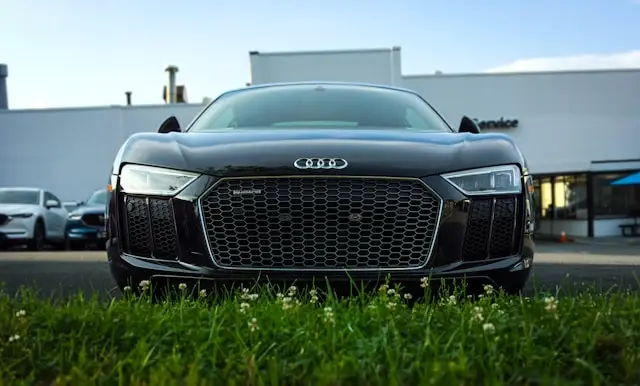
Wear and tear on mechanical components
Sports cars are designed to deliver exceptional performance. This often means they have powerful engines, specialized suspensions and other mechanical components likely to be subjected to high stresses.
When new, these cars are able to withstand such intensive use, but as time goes by, certain components start to wear out more quickly than in conventional cars. For example, the brakes and tires of a sports car wear out faster due to fast driving and repeated acceleration.
It is therefore imperative to thoroughly inspect the condition of these components before buying a used sports car. Ideally, have a qualified mechanic examine the vehicle to identify any signs of premature wear or costly future repairs.
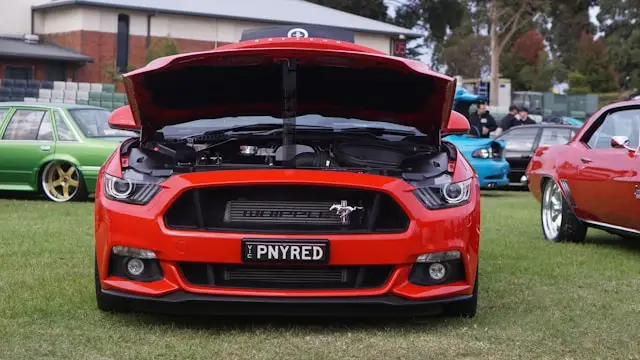
Maintenance and repair costs
Although the initial purchase of a used sports car may seem affordable, you should be prepared for higher maintenance and repair costs. Unlike ordinary vehicles, spare parts for sports cars are often rarer and more expensive.
Tires, brakes and other components are also specialized for these types of vehicles and often require specific interventions.
Note that as sports cars are sometimes equipped with more sophisticated technology, they may require specialized mechanics for certain repairs, which can lead to higher costs.
Before you buy, find out the cost of replacement parts and maintenance services, and make sure you have enough money to cover any unexpected expenses.
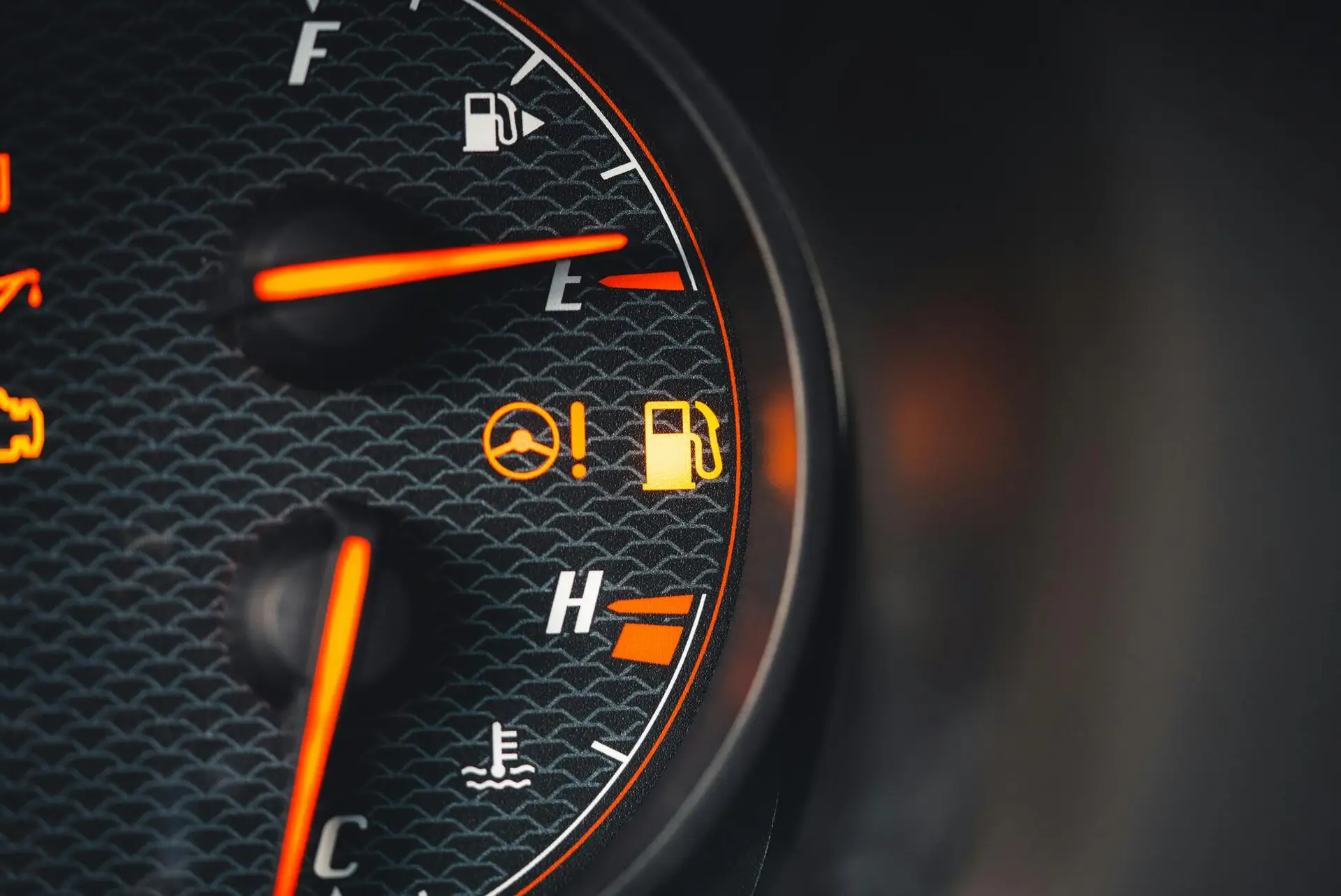
Fuel consumption
One of the characteristics of sports cars is that they are often equipped with high-powered engines, designed to deliver optimum performance. This increased power translates into higher fuel consumption. The V6 or V8 engines that often equip these cars are much more fuel-hungry than the more modest engines found in standard vehicles.
This means that used sports car owners must be prepared to spend more on fuel, especially if they intend to use the car on a regular basis.
Before taking the plunge, think about how you're going to use your sports car. If you only intend to use it for occasional outings, fuel consumption may not be a decisive factor, but for daily use, it could become a major drawback.

Insurance for this type of vehicle
Another important aspect to consider is the cost of insurance.
Sports cars, whether new or used, are often associated with higher insurance premiums. This is because they are generally more powerful, more expensive to repair, and often perceived as riskier by insurance companies.
If you're buying a top-of-the-range model or a rare sports car, you can expect even higher insurance costs.
So it's important to get quotes from several insurers before making your decision. Some sports car models may also require specific insurance, such as top-of-the-range insurance, which can further increase costs. It is therefore advisable to calculate these additional costs before committing to a purchase.


